While being treated at the Hospital for Tropical Diseases (HCMC) with high liver enzymes (nearly 3,000 units), Mr. TCC (40 years old, from Binh Phuoc ) did not expect that his whole family would suffer from the same incident of dengue fever (DF). "The two children are in the pediatrics department, my wife has also been hospitalized. When it was my turn to have a fever, I went for a test and found out that my liver enzymes had risen to 2,600 - 3,000" - Mr. C. sadly said.
Heartbreaking deaths
Mr. C. said that previously, the residential area where he lives in Binh Phuoc had people infected with the disease, but this was the first time his entire family of four had been hospitalized at the same time for dengue fever. After more than a week of treatment, his condition has improved and he will be discharged in the next few days.
Specialist Doctor Phan Vinh Tho, Head of the Department of Infectious Diseases D - Hospital for Tropical Diseases, said that dengue fever is an infectious disease that has existed for a long time in Vietnam. However, this is a disease that progresses very quickly and unpredictably. Many patients initially have mild symptoms, but in the dangerous stage of the disease, after only a few hours, it becomes severe, even critical if not closely monitored or subjective. In particular, the dangerous stage of the disease often falls on the 4th - 6th day from the onset of fever symptoms, especially when liver and kidney damage, internal bleeding or shock appear. Currently, the department receives and treats dozens of dengue fever cases every day. The number of dengue fever patients accounts for half of the total number of hospital beds in the department, about 20 - 25 cases.
Recalling the tragic deaths of dengue fever patients due to not being able to react in time, Dr. Tho warned people not to be complacent. There were cases that seemed mild and were sent home because they had not yet reached the warning stage. But within a few hours or overnight, the disease progressed severely. "We once met a 20-year-old male patient, healthy, who came to the clinic when he had a fever on the second day, without any warning signs so he was monitored at home. That night, his illness suddenly worsened and he died before being admitted to the hospital due to complications of acute myocarditis," Dr. Tho recalled.
A child with dengue fever is being treated.
Another case was a student with dengue fever with warning signs, the doctor advised hospitalization but he refused. The next morning, he was hospitalized in a state of cyanosis, severe blood concentration and then died. "Many patients think they are young and healthy so they refuse to be hospitalized. But when the disease is severe, even if the doctor wants to, it is difficult to save them" - Doctor Tho said sadly.
According to Dr. Tho, a common mistake is that dengue patients are admitted to the hospital late due to subjectivity. Refusing to be hospitalized despite a doctor's order is the most common and dangerous mistake. "The decision to be hospitalized is the patient's right, but if the doctor has warned, it is best to comply to avoid unfortunate consequences. Hospitalization is necessary immediately if signs appear such as a sudden decrease in fever but the patient is more tired; abdominal pain (especially in the liver area), frequent vomiting; nosebleeds, bleeding gums, black stools; fatigue, cold hands and feet, lethargy - signs of shock.
The groups that need to be highly vigilant against this dangerous epidemic are people with underlying diseases, the elderly, pregnant women, children under 1 year old, obese people, people living alone, without caregivers or far from medical facilities," he warned.
New technology to prevent disease
To prevent dengue fever and monitor it properly at home, Dr. Tho emphasizes early detection - see a doctor immediately when having a fever, especially during the epidemic season; if treating at home, it is necessary to understand the warning signs to be hospitalized promptly; drink enough water - this is the most effective and physiological fluid replacement measure.
Only administer intravenous fluids when prescribed by a doctor; reduce fever properly with paracetamol, in the correct dosage, avoid aspirin or ibuprofen because they can easily cause bleeding; do not inject intramuscularly because of the risk of bruising and severe bleeding if the disease progresses; eat easily digestible foods, avoid foods that are red or dark brown to avoid confusion with symptoms of gastrointestinal bleeding; absolutely do not arbitrarily use drugs of unknown origin or apply folk remedies such as cutting and slicing.
The Ho Chi Minh City health sector also recommends that people need to kill mosquito larvae, remove stagnant water containers to prevent dengue fever; practice personal hygiene, wash hands regularly, keep the environment clean to prevent hand, foot and mouth disease; and vaccinate children with 2 doses of measles vaccine on schedule to ensure community immunity. People with suspected signs of the disease should immediately go to a medical facility for timely diagnosis and treatment.
In this context, a breakthrough applied research has just been born, opening up new opportunities in preventing dangerous epidemics for the community. According to Dr. Ho Quang Chanh, Oxford University Clinical Research Unit (OUCRU) - Hospital for Tropical Diseases, the cost of treating dengue fever is estimated at up to 96 million USD/year. Recently, the unit's research team has developed a non-invasive wearable device, capable of measuring heart rate, blood pressure and hematocrit (HCT) - an important indicator to monitor blood concentration and the risk of shock. The device uses optical sensors and PPG wave analysis, and integrates AI to process data.
In testing, the device showed high accuracy, especially in classifying severe patients when using data from four wavelengths - achieving an accuracy of about 76%.
The team is currently testing the second generation of the device. Version 3 will be designed to be more compact, like a wristwatch, incorporating a finger sensor, suitable for use at home or at primary health care facilities.
Many patients, especially children, find the device more comfortable and pleasant than traditional blood draws. "We hope the device will help doctors closely monitor the patient's condition, while also creating a large data platform for future research and disease prevention," Dr. Chanh hopes.
During the epidemic season
According to the Ho Chi Minh City Center for Disease Control, in week 21 - 2025 (from May 19 to 25), Ho Chi Minh City recorded 270 cases of dengue fever, an increase of 0.5% compared to the average of the previous 4 weeks. The total number of cases accumulated since the beginning of the year is 7,987 cases, showing that the risk of the epidemic is still spreading silently in many localities, especially in areas with high infection rates of over 100,000 people such as Can Gio district, Cu Chi district and Thu Duc city.
The health sector recommends that although the number of cases has not increased dramatically, dengue fever often progresses unpredictably and can cause serious complications such as liver failure, kidney failure, shock and death if not detected and treated promptly. People need to be vigilant, especially during the rainy season, a favorable time for Aedes mosquitoes to develop and transmit the dengue virus that causes the disease.
Source: https://nld.com.vn/ung-dung-ai-phong-dich-benh-nguy-hiem-196250530211630754.htm


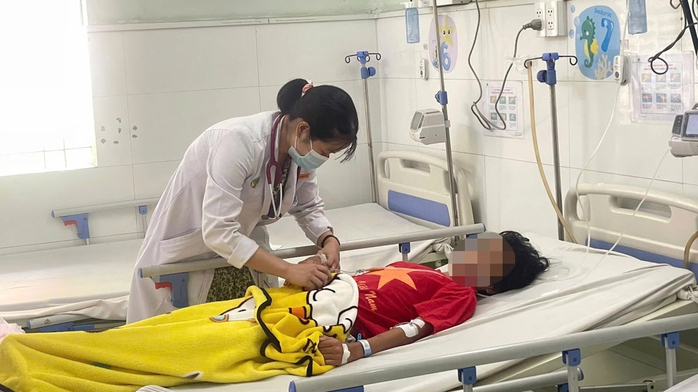



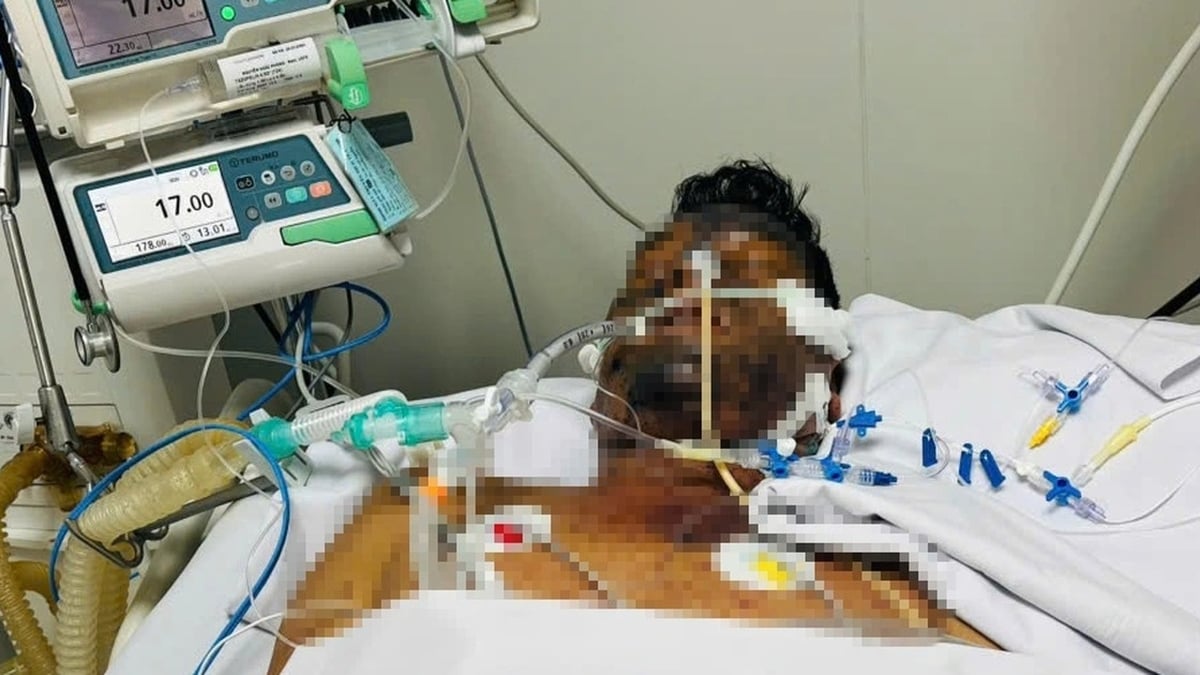
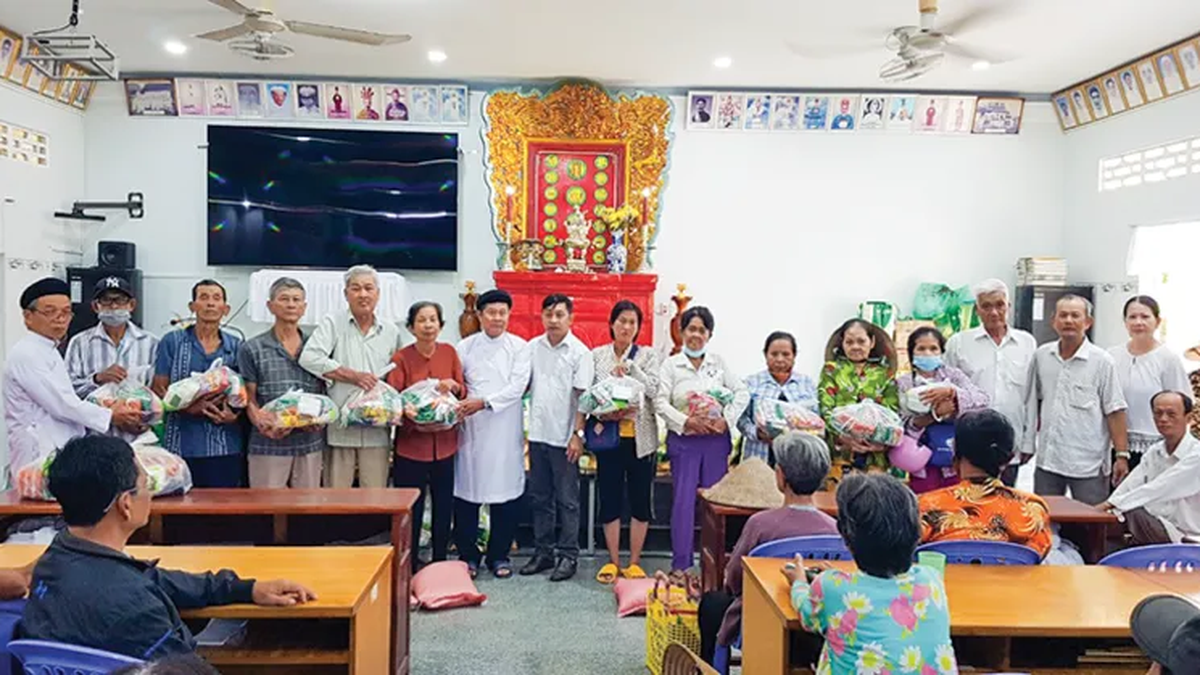


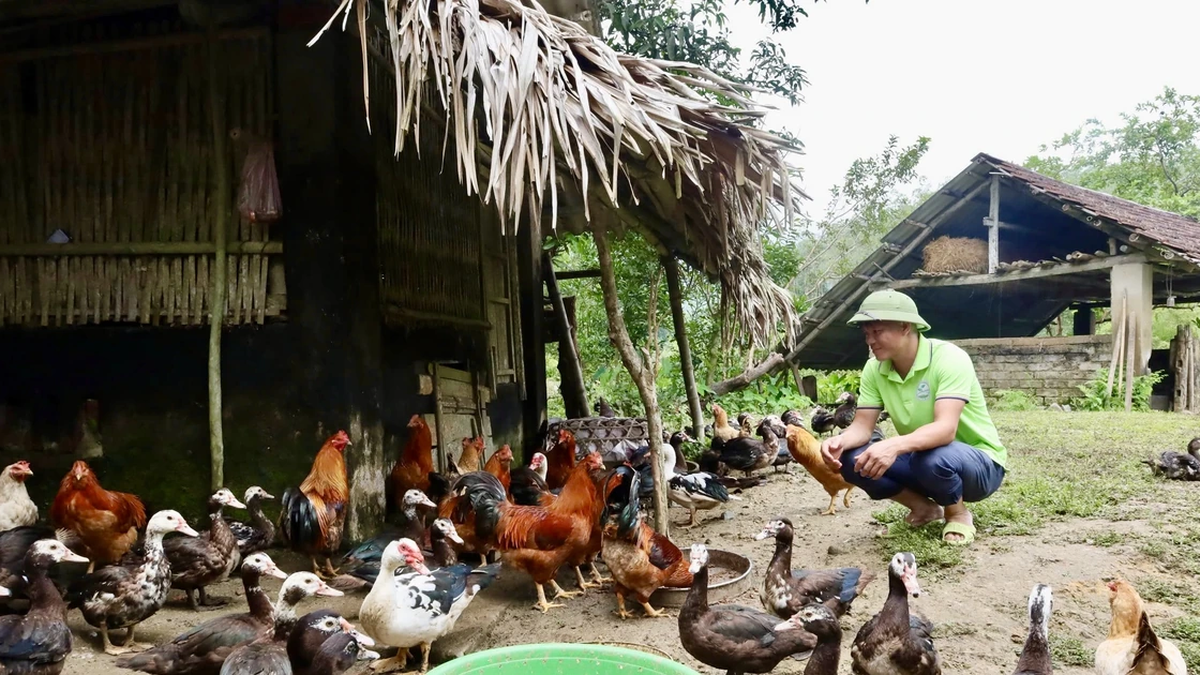
















![[Photo] National Assembly Chairman attends the seminar "Building and operating an international financial center and recommendations for Vietnam"](https://vphoto.vietnam.vn/thumb/1200x675/vietnam/resource/IMAGE/2025/7/28/76393436936e457db31ec84433289f72)


































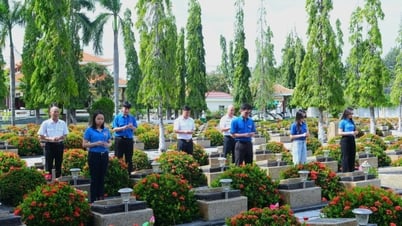





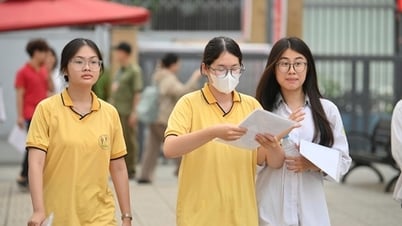
































Comment (0)